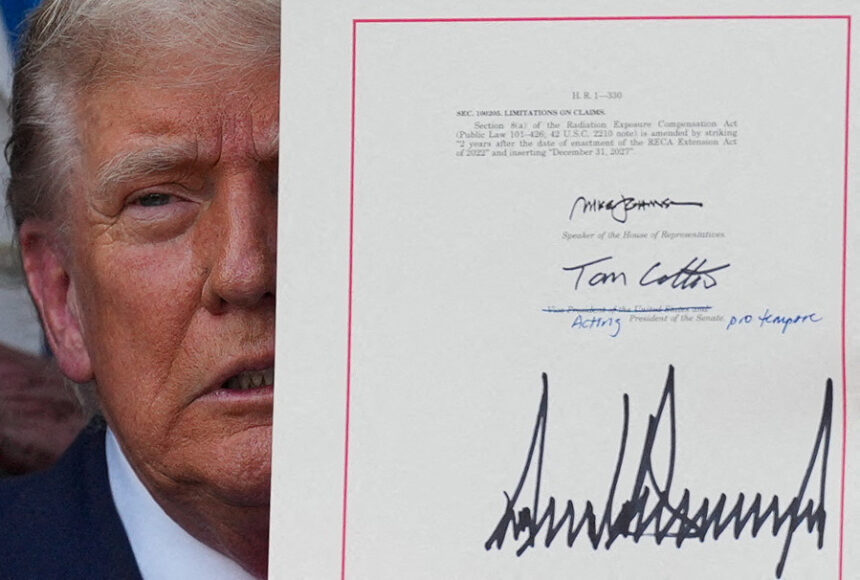The economic playbook between neighboring nations took a dramatic turn yesterday as President-elect Donald Trump announced plans to impose sweeping tariffs of 35% on all Canadian imports beginning January 20th. The announcement sent immediate shockwaves through financial markets and raised alarms across Canada’s export-dependent industries that collectively send over $400 billion in goods south annually.
“We’ve been taken advantage of for too long,” Trump declared during his policy announcement. “Canada will pay its fair share for access to American consumers or face the consequences.” The incoming administration characterized the move as fulfilling campaign promises to prioritize American manufacturing and reduce trade deficits.
The implications for Canadian sports franchises and entertainment venues could be substantial. Equipment manufacturers, merchandise producers, and even team travel costs may face significant price increases. Toronto Blue Jays president Mark Shapiro expressed concern in a brief statement: “International trade policies directly impact our ability to remain competitive in a league where 29 of 30 teams operate under different economic conditions.”
Finance Minister Chrystia Freeland responded with measured language, emphasizing Canada’s historical position as America’s most reliable trading partner. “We are prepared to protect Canadian interests while maintaining our commitment to fair trade principles,” Freeland stated. “Our economic relationship has benefited citizens on both sides of the border for generations.”
Economic analysts project potentially devastating consequences for Canada’s manufacturing sector. TD Bank Group estimates the tariffs could reduce Canada’s GDP by up to 2% within the first year of implementation, potentially triggering a recession in regions heavily dependent on U.S. exports.
The automotive industry appears particularly vulnerable. With integrated supply chains spanning both countries, vehicles often cross the border multiple times during assembly. “These tariffs would effectively destroy the continental auto manufacturing ecosystem we’ve built over decades,” warned Flavio Volpe, president of the Automotive Parts Manufacturers’ Association.
Sports equipment manufacturers like Bauer Hockey, headquartered in Quebec, face difficult decisions about their cross-border operations. “We may need to consider relocating certain production elements to maintain market access,” said Bauer CEO Ed Kinnaly, noting that the company employs over 500 Canadians in manufacturing roles.
The tariff announcement has already impacted the Canadian dollar, which dropped nearly 2% against the USD within hours of Trump’s statement. Currency volatility directly affects Canadian teams competing in U.S.-based leagues, where revenues are generated in Canadian dollars while many expenses—including player salaries—are paid in U.S. currency.
Canadian consumers would likely face higher prices for everything from food to electronics. The Retail Council of Canada estimates average household costs could increase by $1,700 annually if the full 35% tariff is implemented and passed on to consumers.
Prime Minister Justin Trudeau has called an emergency cabinet meeting, with retaliatory measures reportedly under consideration. However, as Canada sends approximately 75% of its exports to the U.S. while receiving only 18% of American exports, the leverage remains decidedly unbalanced.
This economic brinkmanship raises questions about the future of North American sporting events. The FIFA World Cup 2026, scheduled across venues in Canada, the U.S., and Mexico, could face logistical complications if heightened trade tensions persist. Equipment, broadcasting gear, and even fan merchandise crossing borders would potentially face these new tariffs.
As markets adjust to this new reality, the only certainty is uncertainty. Will these proposed tariffs materialize in their current form, or will diplomatic channels prevail before January’s implementation deadline? The economic playbook for Canada-U.S. relations is being rewritten, and the implications extend far beyond balance sheets into the cultural and sporting ties that have long united these neighboring nations.








